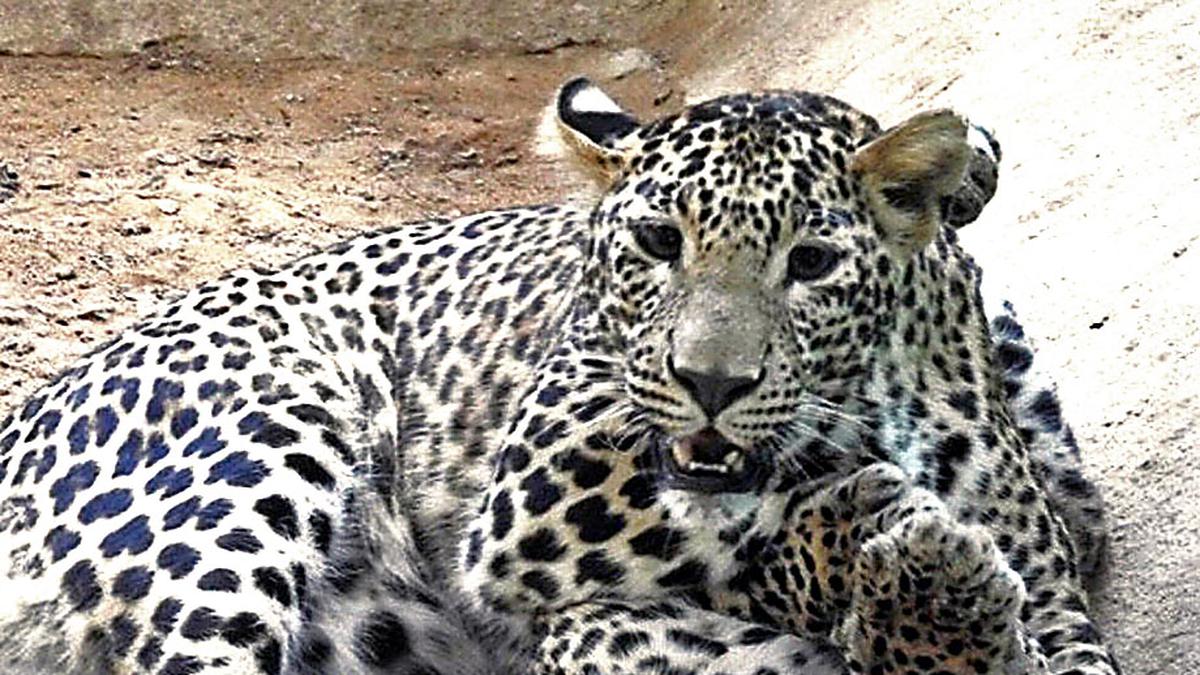
Seven leopard cubs die at Bannerghatta Biological Park in Bengaluru after virus attack
The Hindu
Seven leopard cubs died in Bengaluru’s Bannerghatta Biological Park due to Feline panleukopenia virus. Officials said the infection was reported on Aug 22 and all seven cubs died within two weeks despite beign vaccinated
Seven leopard cubs have died at Bannerghatta Biological Park in Bengaluru after being infected by a highly contagious virus, officials said on Tuesday, September 19.
Feline panleukopenia (FP) is a viral disease of cats caused by the feline parvovirus. Kittens are most severely affected by the virus, they said.
According to officials, the first outbreak was reported on August 22. The seven cubs were aged between three and eight months. All of them were vaccinated but succumbed during the course of treatment.
Executive Director of Bannerghatta Biological Park, A V Surya Sen said though the seven cubs were vaccinated, they were still infected.
"It is now under control and in the last 15 days, no deaths have been reported. We have completely broken the chain and taken all necessary measures. We followed all the required procedure and also held discussions with all our senior veterinarians. All correct course of action was taken. Also, we have ensured hygiene of the entire zoo and the rescue centre was completely sanitised," he said.
"The infection was reported on August 22 and within a span of 15 days, these seven virus-infected cubs died. We had released nine leopard cubs into the safari area, out of which four got infected and died. Three other cubs at the rescue centre also got infected and died during the course of treatment. All those infected died within a span of two weeks despite being given proper treatment," he added.

“Writing, in general, is a very solitary process,” says Yauvanika Chopra, Associate Director at The New India Foundation (NIF), which, earlier this year, announced the 12th edition of its NIF Book Fellowships for research and scholarship about Indian history after Independence. While authors, in general, are built for it, it can still get very lonely, says Chopra, pointing out that the fellowship’s community support is as valuable as the monetary benefits it offers. “There is a solid community of NIF fellows, trustees, language experts, jury members, all of whom are incredibly competent,” she says. “They really help make authors feel supported from manuscript to publication, so you never feel like you’re struggling through isolation.”

Several principals of government and private schools in Delhi on Tuesday said the Directorate of Education (DoE) circular from a day earlier, directing schools to conduct classes in ‘hybrid’ mode, had caused confusion regarding day-to-day operations as they did not know how many students would return to school from Wednesday and how would teachers instruct in two modes — online and in person — at once. The DoE circular on Monday had also stated that the option to “exercise online mode of education, wherever available, shall vest with the students and their guardians”. Several schoolteachers also expressed confusion regarding the DoE order. A government schoolteacher said he was unsure of how to cope with the resumption of physical classes, given that the order directing government offices to ensure that 50% of the employees work from home is still in place. On Monday, the Commission for Air Quality Management in the National Capital Region and Adjoining Areas (CAQM) had, on the orders of the Supreme Court, directed schools in Delhi-NCR to shift classes to the hybrid mode, following which the DoE had issued the circular. The court had urged the Centre’s pollution watchdog to consider restarting physical classes due to many students missing out on the mid-day meals and lacking the necessary means to attend classes online. The CAQM had, on November 20, asked schools in Delhi-NCR to shift to the online mode of teaching.









